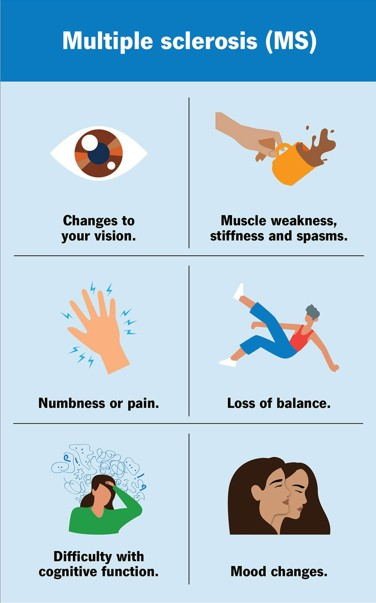Multiple sclerosis (MS) may begin far earlier than previously believed, with subtle symptoms emerging more than a decade before classical neurological signs appear, according to a new study by Canadian researchers published in JAMA Network Open. The research, led by Dr. Helen Tremlett from the University of British Columbia, analyzed health records of over 12,000 individuals in British Columbia and found that people who eventually developed MS had elevated healthcare visits up to 15 years before diagnosis. These visits were often for general symptoms like fatigue, pain, dizziness, and mental health issues such as anxiety and depression—conditions that are commonly misattributed to other causes.
The study tracked physician visits across 25 years prior to MS symptom onset, revealing a gradual increase in consultations with psychiatrists, neurologists, and ophthalmologists for issues like blurry vision and eye pain. Emergency and radiology visits spiked three to five years before diagnosis, with a peak across multiple specialties occurring one year prior. Researchers emphasized that while most people with such general symptoms won’t develop MS, identifying this “prodrome” phase could lead to earlier detection and improved patient outcomes. The findings challenge traditional timelines and offer new hope for proactive intervention strategies.

